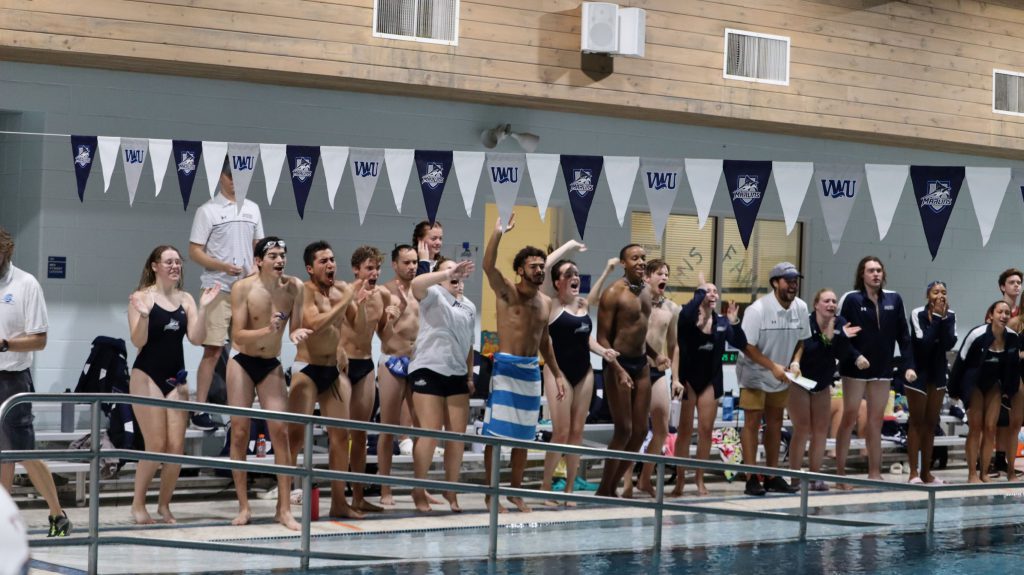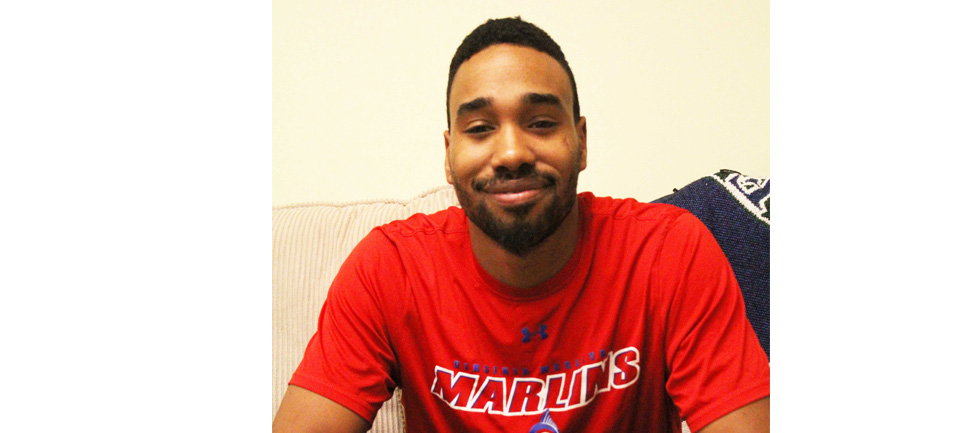Featured Image: Morgan’s Message | Courtesy
At Virginia Wesleyan, student-athletes are an integral part of the community and are consistently recognized by their peers, teachers and families for positively representing their school on the field and in the classroom. It is most certainly a status to be proud of and hold close to one’s heart; however, the amount of hard work and pressure that comes with that status may introduce unique challenges to college students.
Morgan’s Message, a non-profit organization, was created to acknowledge the emotional struggles that student-athletes may feel because of these challenges and make sure that physical and mental health are equally prioritized in athletics.
Morgan’s Message was introduced to the campus by Mackenzie Kerns during her time as a player on Virginia Wesleyan’s Women’s Soccer team. While in her senior year, she approached Ryley van der Velde, the head coach for the Women’s Field Hockey team, about founding a chapter at Virginia Wesleyan.
Kerns was met with immediate support from both faculty and students. Since the creation of the Virginia Wesleyan Chapter of Morgan’s Message and the consequential creation of the Morgan’s Message club on campus, the implementation of the organization’s values in campus athletics has been seamless and beneficial.
“This collaboration started a fantastic conversation about mental health within our athletics department,” Van der Velde said. “The pressure on student athletes can be intense. They’re juggling their education, new friendships, relationships, their families and the pressure to perform within their sports teams. Morgan’s Message lets them know they’re not alone with their struggles and emotions.”
“It is for sure a good idea,” Ole Behrmann, a first-year on the Men’s Tennis team, said. “These are good programs to have on campus, especially because I personally know a lot of athletes that struggle with [mental health] issues, and it’s important to be able to talk about [those struggles].”
Being able to talk about one’s mental health struggles with coaches, therapists and like-minded peers can greatly improve one’s state of mind. The way that programs like Morgan’s Message fight against the stigma associated with these discussions can pave the way for healthier, more open dialogue in these discussions.
Van der Velde further promotes the benefits of open discussion and communication about one’s mental health issues. “I encourage all athletes to share their struggles and their stories. Even just the act of sharing these emotions can take a huge weight off of their shoulders,” Van der Velde said.
Morgan’s Message, however, is not like all programs promoting open discussion and fighting this stigma associated with mental health; the group works to provide a safe space to conduct stressful conversations and help athletes engage within these spaces.
“Morgan’s Message means more than just realizing there is a problem, but taking action to solve any mental health challenges someone may face,” Everett McCloskey, a junior on the Men’s Soccer team, said.
Because of the organization’s proactive approach, its effects stretch further than just within the athletic community on campus. “Morgan’s Message helps students at VWU by [providing] people to talk to when students are going through something, or just to [make them] feel like someone is always there for [them],” McCloskey said.
To directly contribute back to Morgan’s Message as a whole, Virginia Wesleyan has hosted a variety of dedication games, ranging from Volleyball to Field Hockey games. These dedication games give university chapters a chance to promote the values of Morgan’s Message in an environment that attracts many students. Often at these games, athletes will don themed jerseys, ribbons and wristbands. On occasion, athletes give sideline introductory speeches.
There is a reason organizations like Morgan’s Message keep appearing, and some of the world’s most famous athletes, like Simone Biles and Michael Phelps, have more frequently opened up about their experiences with mental illness and struggle in their careers: the pressure applied to high-level athletes is unique and can be relentless.
“Parents are often pushing their kids to be better in their sport and keep telling them ‘you have this and only this, do better,’” Alec Gordon, a sophomore on the Men’s Lacrosse team, said. “Friends and teammates can also apply this pressure. It can sometimes make students adopt this mentality of ‘getting better at any cost.’”
These organizations and student-athletes are working to fight a pressured mentality and help athletes realize the importance of their mental health on and off their teams.
By: Avery Belisle



